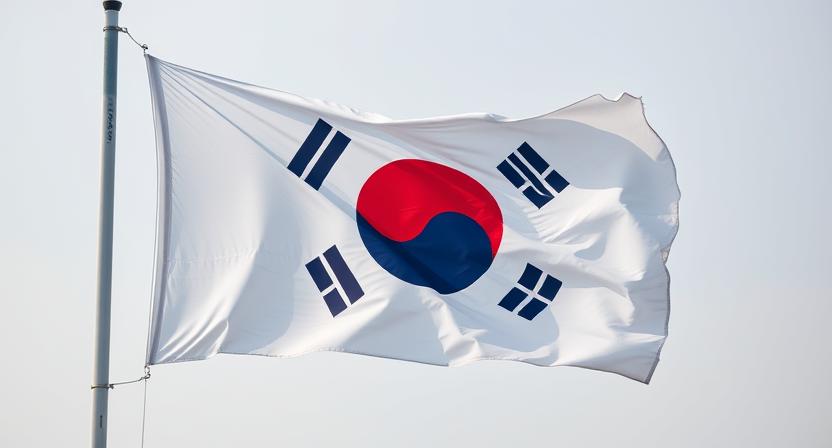- About Us
- Legal Services
- Family Law
- Property
- Marriage
- Immigration
- Contact
- Payments
The Treaty on Extradition. This being between the Kingdom of Thailand and the Republic of Korea. The agreement establishes a formal legal framework for mutual extradition of individuals. Thos for prosecution, trial, or punishment of criminal offenses. Below we have written a brief summary is a structured summary reflecting the key legal provisions and implications. Likewise also see the articles that we wrote on an extradition law firm as well as Thailand extradition US treaty. Likewise also see the Thailand UK extradition treaty.

1. Obligation to Extradite (Article 1)
Each Contracting Party to this agreement agrees to extradite individuals sought by the other. This for prosecution or punishment in relation to an extraditable offense, in accordance with the Treaty.
2. Extraditable Offenses (Article 2)
The extradition offences must be punishable by at least one year of imprisonment under the laws of both countries.Likewise dual criminality is interpreted broadly. There is nomenclature or categorization under local laws need not be identical.In addition extraterritorial offences may be extraditable. This if similarly punishable under the law of the Requested Party.Lastly requests must relate to conduct that was criminal at the time in the Requesting Party. Likewise it would also be criminal in the Requested Party at the time of the request.
3. Mandatory Grounds for Refusal (Article 3)
Note that extradition must be refused when:The extradition offense is deemed political (this with exceptions such as terrorism, genocide, offenses against heads of state, etc.).Likewise the accused has already been tried or punished. This for the same offense in the Requested Party.In addition, prosecution is time-barred under the laws of either Party.Lastly there is a credible risk of persecution. This based on race, religion, nationality, or political opinion.
4. Discretionary Grounds for Refusal (Article 4)
Extradition may be refused:
If the offence was committed wholly or partially in the Requested Party.If the person has been acquitted/convicted in a third state and the penalty is fully served or unenforceable.Lastly on humanitarian grounds due to personal circumstances of the accused.
5. Postponed or Temporary Surrender (Article 5)
Upon will note that surrender of the perosn may be postponed if the individual is facing prosecution locally. Likewise serving a sentence in the Requested Party.There will be a temporary surrender for prosecution may be arranged under agreed conditions.
6. Extradition of Nationals (Article 6)
Neither Party is obligated to extradite its own nationals but may do so at its discretion.If extradition is refused on grounds of nationality, the Requested Party may initiate domestic prosecution and must inform the Requesting Party of the outcome.
7. Procedure and Documentation (Articles 7–10)
Note that all requests and communications must be transmitted via diplomatic channels.Likewise requests for extradition must be in writing and supported by identity documents. In addition there should be legal descriptions, evidence of guilt, and legal translations as required.Additional information may be requested. Lastly failure to provide it in time may result in release from custody.
8. Provisional Arrest (Article 11)
If there is an urgent provisional arrest can be requested prior to formal extradition if risk of flight exists.The formal extradition request must follow within 60 days. Likewise the individual must be released.
9. Simplified Extradition (Article 12)
If the person consents to extradition in writing. This before a court or authority. The process may be expedited under the law of the Requested Party.
10. Conflicting Requests (Article 13)
When multiple extradition requests are made. Then the Requested Party determines the outcome based on:
The Seriousness of offenses, Likewise dates and locations of offenses, Order of receipt, Lastly the nationality and residence of the accused.
11. Surrender and Notification (Article 14)
The Requested Party must inform the Requesting Party of the extradition decision.Likewise upon approval, the surrender process must occur within the agreed timeframe. Note that any failure to retrieve the person may result in release and potential refusal of future extradition.
Legal Implications:
This Extradition Treaty underscores a cooperative approach. This between Thailand and Korea in the suppression of transnational crime.Likewise the agreement emphasizes the principle of dual criminality. Lastly also procedural due process, and protections against politically motivated extradition.Both countries retain discretion over nationals. Lastly human rights considerations, and conflicting requests.
Note: Always use a certified translation service in Bangkok for your translations.
The information contained in our website is for general information purposes only and does not constitute legal advices. For further information, please contact us.
